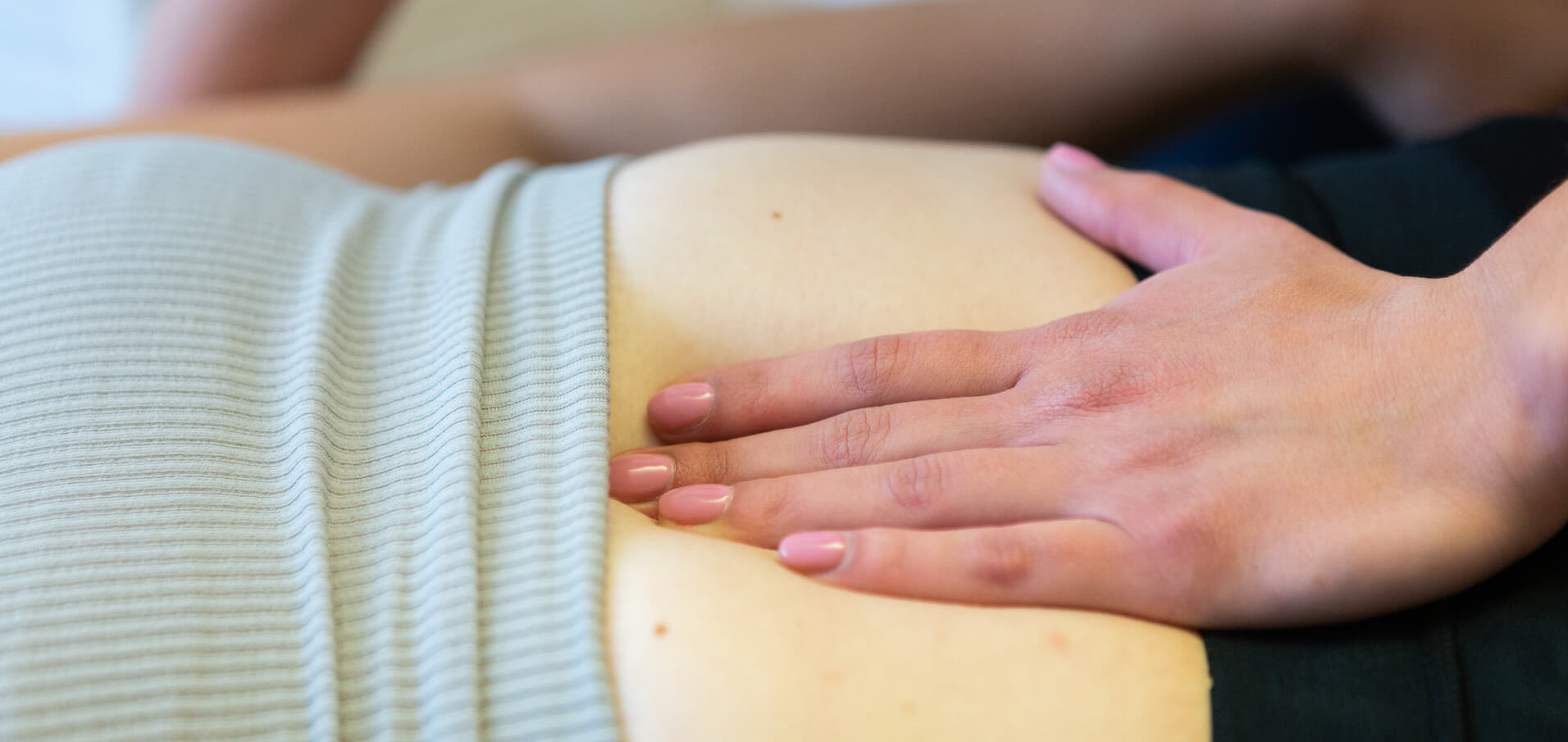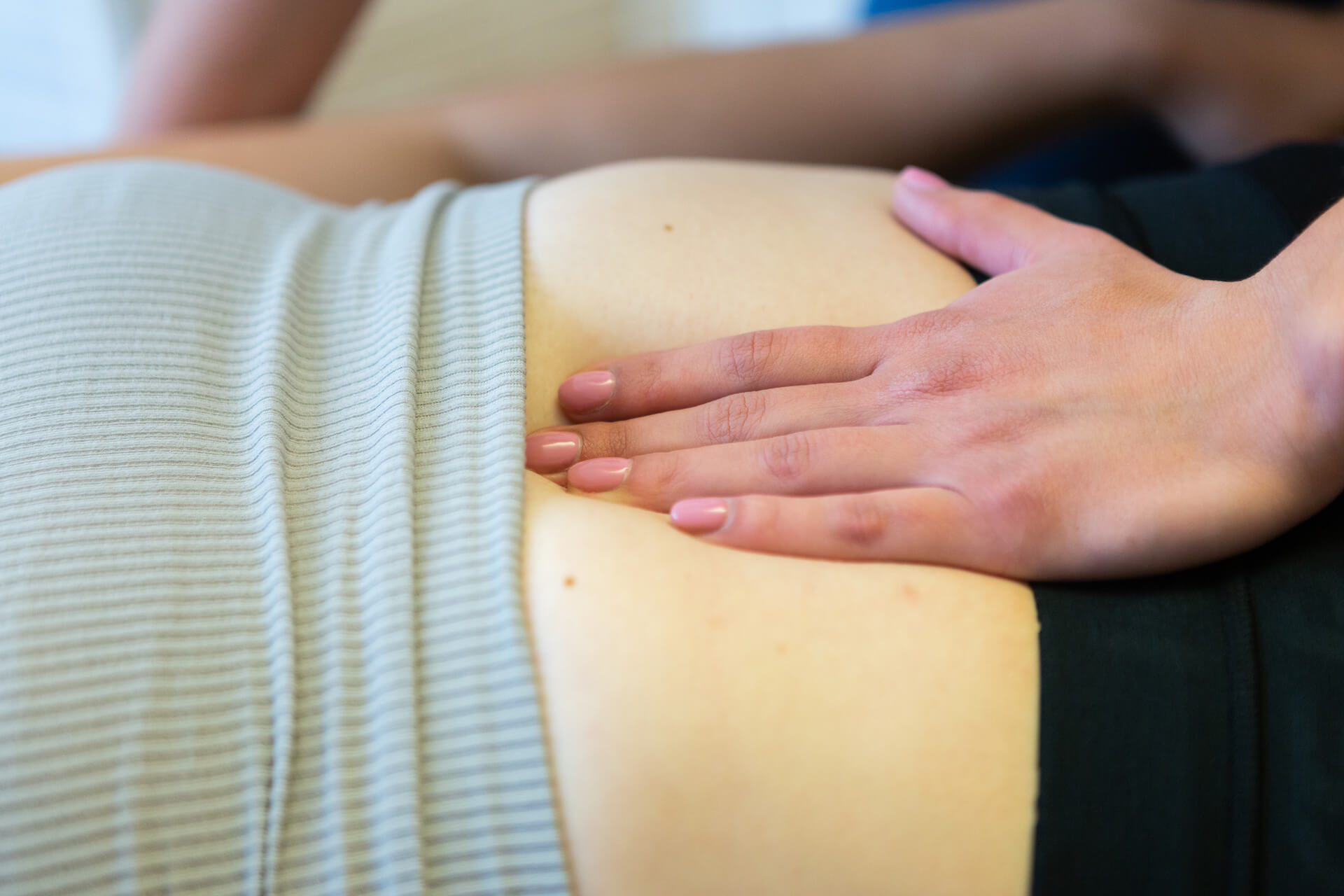What happens to the body?
Nowadays unfortunately this physiological reaction gives negative results and causes changes in our body most of the times.
Our body is a perfect machine, created to face multiple requests, one of these is the response to stressful stimuli, which are processed by the hypothalamus-pituitary-adrenal axis. Under stressful conditions, the hypothalamus (a small gland inside the brain) stimulates release factors for the pituitary gland (another endocrine gland always inside the brain) which will produce ADH and ACTH.
ADH is an antidiuretic hormone, and acts on our body by constricting blood vessels, resulting in an increase in blood pressure and in the reabsorption of fluids, creating more concentrated urine. ACTH is another hormone that acts on the adrenal level, stimulating the production and release of cortisol, considered to be the stress hormone.
In a stressful situation, our Autonomic Nervous System is unbalanced in favor of the orthosympathetic system, which releases catecholamines, adrenaline and noradrenaline into the circulation, causing physical changes that are used to react to the stressful stimulus and preparing the body for the “fight”.
When a person has long-term stress (chronic), Physical, emotional and behavioral symptoms develop:
- Aches and pain
- Headaches and dizziness
-
Muscle tension and jaw clenchingTiredness and trouble sleeping
- Weak immune system
- Digestive problems





